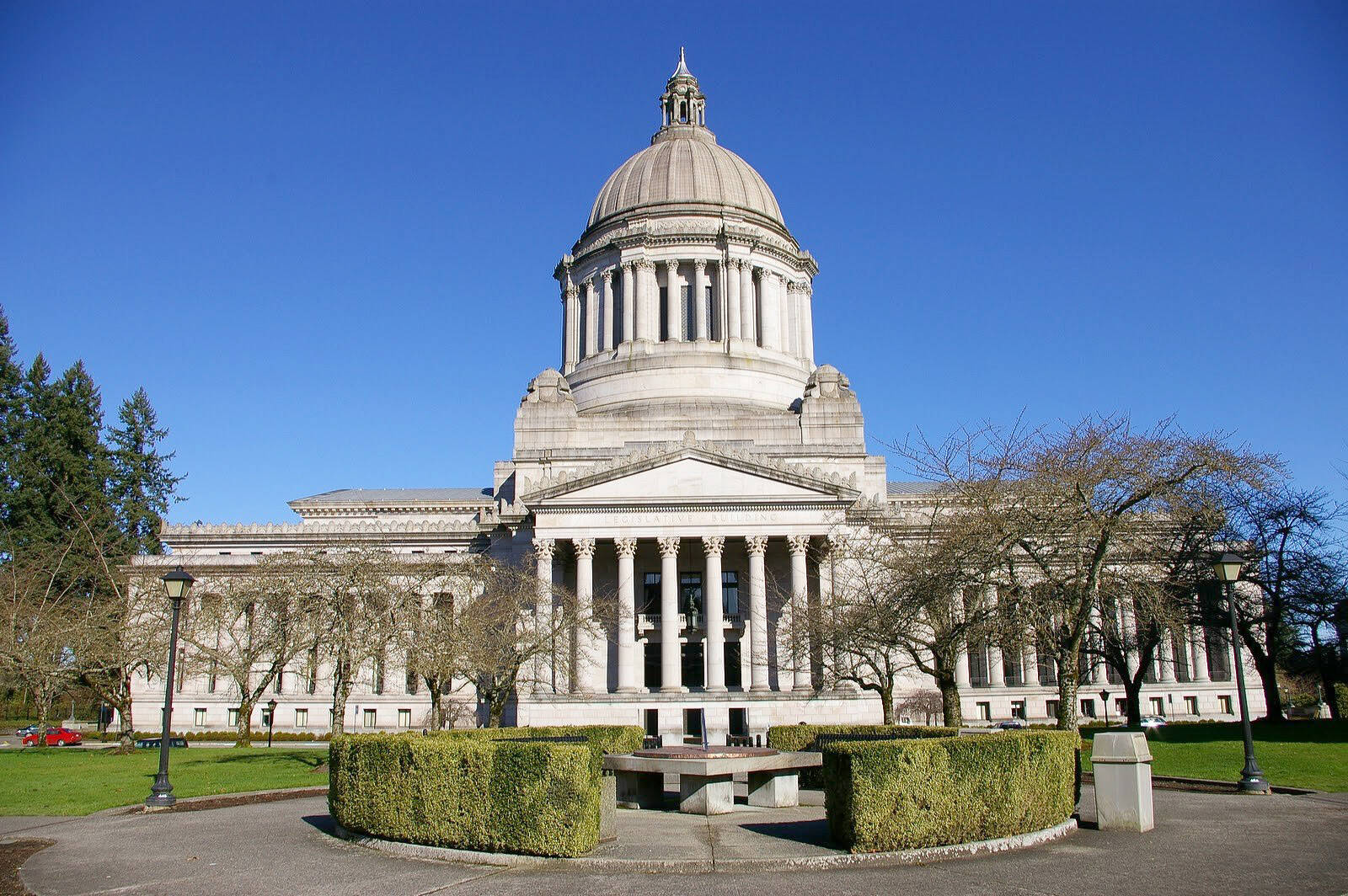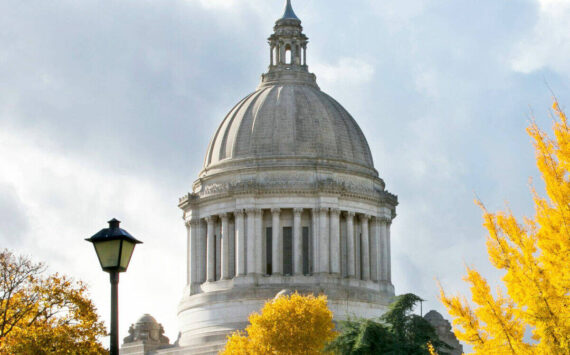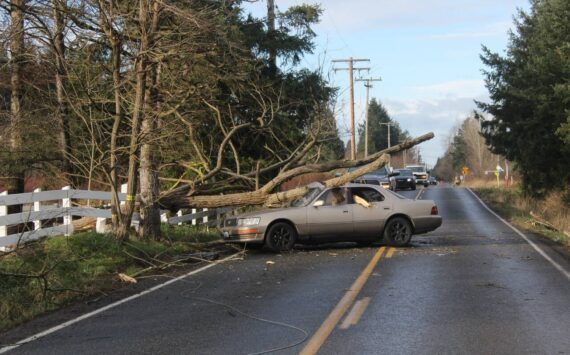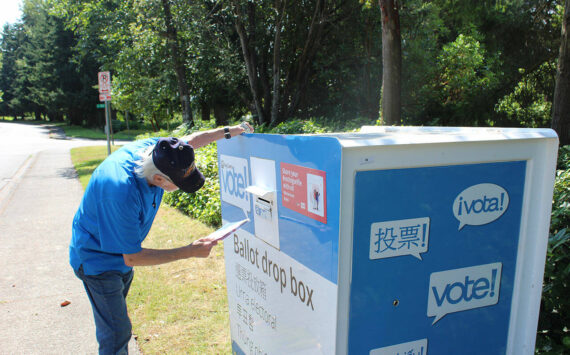Some Washington state lawmakers want the fashion industry to be less “clothes-minded” about sharing information on their environmental and labor practices.
Rep. Sharlett Mena, D-Tacoma, introduced House Bill 1107 on the first day of this year’s session, which began Monday. The legislation intends to hold fashion giants with gross income over $100 million more accountable for how their products harm the environment.
“Fashion is a huge part of culture and style,” Mena said. “But the stories of our clothes and shoes begin way before they reach our closets and long after we’ve thrown them out or donated them.”
Retailers and other business interests are pushing back, saying the proposed regulations would drive up costs and that the issues involved are better left to the federal government.
While you might be getting a bang for your buck purchasing cheap clothing, sometimes called “fast fashion,” it comes with an environmental price tag. Most fast-produced, low-quality garments lead to excess waste, and increased air and water pollution.
According to the United Nations, a single pair of jeans requires around 2 pounds of cotton, and producing that material requires about 7,500 to 10,000 liters of water — roughly a decade’s worth of drinking water for one person.
A version of the fashion bill made its debut in 2022 but didn’t get a hearing. In 2023 and 2024 it received committee hearings but failed to move forward.
The previous bill required companies to share information on labor practices and how their products affected the environment, set goals for improvement, implement them, and report back to the state’s Department of Ecology.
This year, the legislation is sporting a new look.
It would require manufacturers to collect information about chemicals found in clothing, marketing terms related to the environment or sustainability, disposal practices for unsold clothing, and initiatives to reduce pollution.
Companies would report this information to the state. The idea is that it would help the Department of Ecology develop policy options for fashion producers to trim their environmental footprint down a few sizes.
If a company doesn’t provide the information, the department could issue penalties for noncompliance. Money from penalties would go toward addressing environmental problems in underserved communities.
Department of Ecology is neutral on the bill. Funding for it was not proposed in outgoing Gov. Jay Inslee’s budget. The agency has suggested involving more departments in the program and only requiring Ecology to collect information about companies’ environmental and labor practices.
“Ecology has little to no expertise in this particular area,” said Kimberly Goetz, who testified on behalf of the department. She added that dealing with multinational corporations in the fashion industry would further complicate the agency’s work.
Business groups say the bill’s compliance costs would be passed to consumers and they raise concerns about retailers getting penalized for not sharing information about clothes they don’t manufacture or supply chains they don’t control.
Crystal Leatherman of the Washington Retail Association said the legislation could end up limiting what clothing products are available in the state.
“We believe assigning a state agency to oversee global supply chains is fundamentally impractical,” she said.
But supporters argue that the bill’s requirements are manageable and that the information businesses would have to share is already covered in reports that companies like Nike produce.
“Due to the lack of transparency and regulation in the fashion industry, we currently do not have access to the information needed to properly mitigate this wasteful practice,” said Kathryn Horvath from WashPIRG, a public health nonprofit.
As the 105-day session unfolds, lawmakers will have to decide whether Washington is ready to try on the bill or if the legislation is best left tucked away in the closet for now.
–
Washington State Standard is part of States Newsroom, a nonprofit news network supported by grants and a coalition of donors as a 501c(3) public charity. Washington State Standard maintains editorial independence. Contact Editor Bill Lucia for questions: info@washingtonstatestandard.com. Follow Washington State Standard on Facebook and Twitter.





